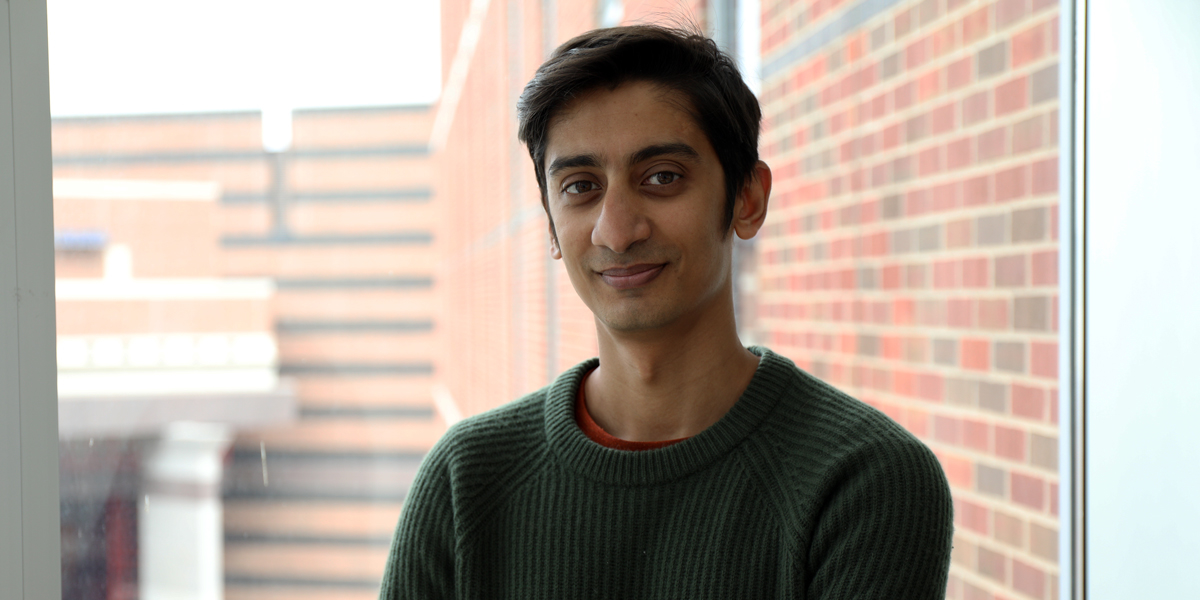
An early interest in studying evolution drew Dr. Arslan Zaidi to his research in population genetics. During his Ph.D. studies, he shifted from an interest in animal evolution to a focus on human disease evolution. He shares, “When I started my PhD, humans were becoming an excellent model for studying population genetics and disease because of the massive amounts of data becoming available. The data has only increased since then, so I feel I ‘caught the wave’ of a growing area of research.”
Currently, Dr. Zaidi, an assistant professor in the Department of Genetics, Cell Biology and Development, is using computational methods to understand how genetic makeup influences our chances of getting certain diseases and how our evolutionary history affects that genetic makeup. Dr. Zaidi shares this example, “Pakistanis have a higher risk for cardiovascular disease. They have an earlier onset of this and worse outcomes.” According to Dr. Zaidi, who is Pakistani, some of his health metrics support this. “From research in this area, we know that there is a genetic risk. So an important question is, to what extent is the difference in prevalence of cardiovascular risk between Pakistanis and other groups due to genetic differences? How has our evolutionary history shaped this risk?” He believes this information is essential to understanding the genetic basis of such diseases.
There is a growing awareness in the scientific community that genetics research needs to expand beyond the eurocentric. The types of diseases Dr. Zaidi is examining are complex, with many mutations that are not fixable with gene therapy. Researchers anticipate that we may eventually be able to prevent or curtail individuals’ risk of disease by predicting it using genetic data as a first step in their care and prioritizing individuals with a higher than average risk for clinical intervention and screening. Because these predictive models are in their infancy, a critical concern in their development is that when they perform well, they only work for people of European descent.
An essential question for Dr. Zaidi is why predictive models fail in non-European populations. “Much of my work focuses on studying such underrepresented populations. We are trying to improve our understanding of the genetic basis for disease and improve the predictive models for individuals from these populations. By doing this, we can move toward a more equitable distribution of genetics research.”
Looking forward, Dr. Zaidi is excited to deepen and share his expertise on disease genetics in underrepresented and marginalized populations. He is developing a course on Computational Genomics for graduate students beginning in Spring 2025. He is also planning data collection in Pakistan to learn how consanguinity in its population might affect the genetics of diabetes and cardiovascular disease.
Dr. Zaidi is pleased to be at the U of M and its collaborative environment. “I appreciate being asked for my input on the direction of the Department.” He is also glad to be in an environment that supports diversity. He shares, “I was pleasantly surprised by the diverse community here and relevant support systems. It makes me feel like I am in a good place.” — Anna Freed